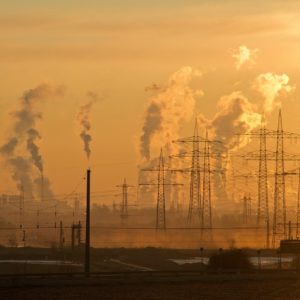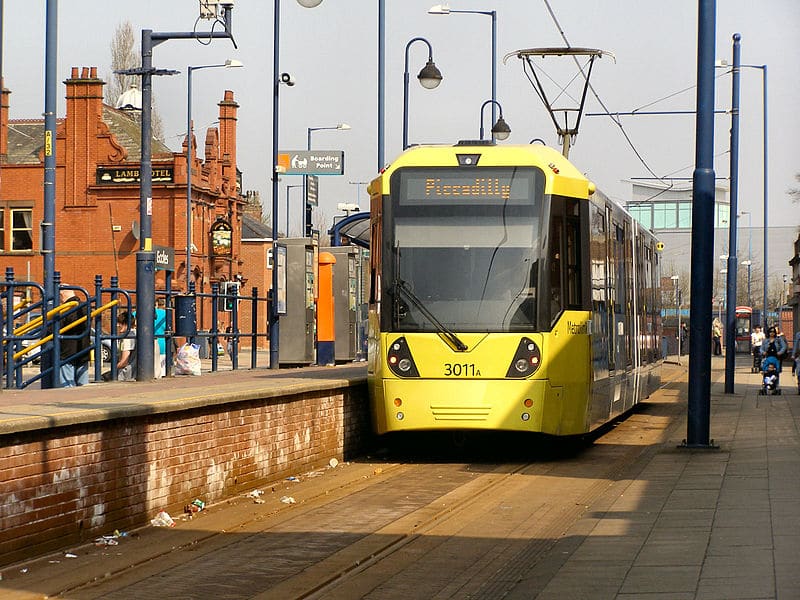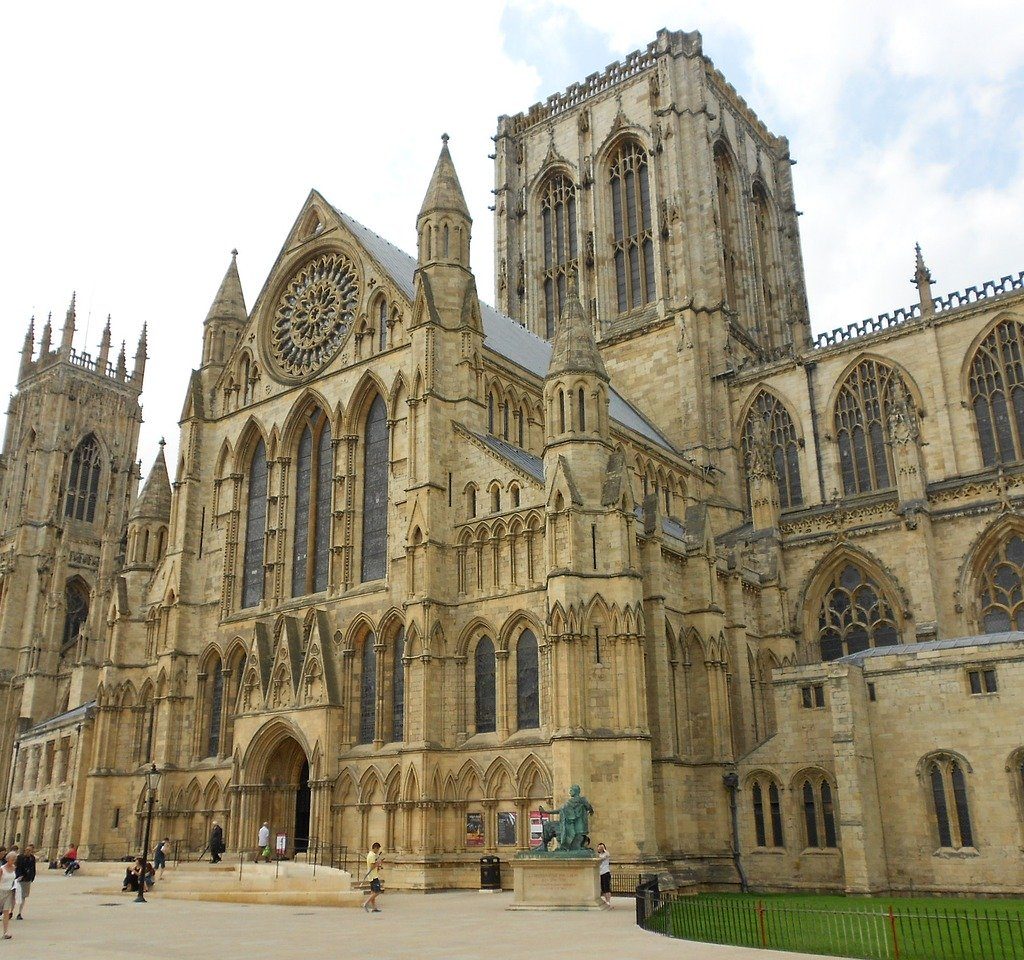24th April 2020
Although it is not new, is still good news: Data has revealed that York’s air pollution has significantly reduced during the Coronavirus lockdown. Its air quality has improved by 30% on average.
The Green Bee
Solid scientific measures to indicate
One of the UK’s leading experts in air quality, Dr David Carslaw, analysed data collected by City of York Council as part of his ongoing research. Carslaw has over 20 years’ experience in air pollution science and nowadays work at the University of York.
The analysis shows improvements in air quality (nitrogen dioxide concentrations), compared to ‘business as usual’ figures. The data refers to specific areas of York, where the council undertakes regular air quality monitoring.
These include Fishergate (43% reduction), Holgate Lane (38% reduction) or Holgate Road (32% reduction)
David Carslaw said: “There has been widespread coverage of how air pollution has changed due to the COVID-19 pandemic. The satellite measurements sourced have been especially compelling, showing the before and after situation for many of the world’s cities. We do of course have hundreds of ground-based continuous air pollution monitors across the UK. It can help to better understand the changes in air pollution at a local level.

“This analysis is the first look at some potential changes in air pollution due to COVID-19. As more data becomes available, the robustness of these estimated changes should increase. However, it is already clear that there has been a dramatic and mostly consistent decrease in poor air quality across a wide range of sites, including York.”
Cllr Paula Widdowson, the council’s executive member for the environment and climate change at York’s City Council, said: “We all have a responsibility to improve York’s air quality and this is an issue we have prioritised here in York, from launching the UK’s first voluntary Clean Air Zone, to investing in electric charging points across the city.
“Of course, the impact of the Coronavirus lockdown has had a significant impact on air quality in the city, as many have stuck to the Government’s social distancing guidance. However, the council has invested in a number of measures in recent years to help improve air quality in York, and we will continue to do so for the benefit of our communities.”
GMCA approaches cautiously to the issue
If York´s air quality has improved by 30%, in Greater Manchester the situation is not so clear. Firstly, it has not been such an exhaustive study, and secondly, the Air Quality Plan has been delayed.
It is worth noting, though, the efforts in the region. The improvement in the ‘Bee Network‘ and in public transport with 100% electric buses running through several routes and the updated in National Express.

Nonetheless, all the monitoring stations but one around the region show a clear green on Friday the 24th of April. The black sheep has been the station in Glazebury. Also, three more stations were touching ‘moderate’ risk: In M-60, in Piccadilly Gardens where there are links to many bus routes, and close to the Airport.
Greater Manchester had a Clean Air plan on the way, unfortunately, it has been delayed due to Coronavirus pandemic.
Cllr Andrew Western, Greater Manchester Green City-region Lead, said: “These are exceptional times that are impacting on all areas of life. Unfortunately, we need to postpone the Clean Air Plan consultation until the restrictions on all our daily lives have been lifted».
«Greater Manchester will be focused on recovering from revenue losses, and further thoughts are needed to see how we can move forward with the Clean Air Plan».

Nevertheless, Western clarified: «Our commitment to cleaning up Greater Manchester’s air has not wavered. These are exceptional times that require us to work flexibly and be pragmatic about how we achieve our”.
It’s clear the outbreak has slow down transport and industry, besides the good weather in the region consumes less energy in heating. Many voices raise for a green recovery when the country came back to run as usual. Although many people say that precisely, we should not be back ‘to usual’.

